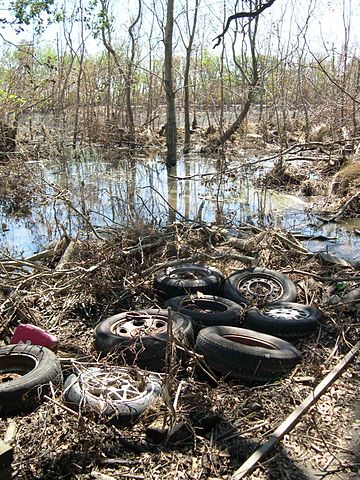
By Teow Lim Goh
In September, my city flooded. Boulder received about 17 inches of rain in four days, most of it in a 36 hour period. The ground saturated. Roads turned into rivers. Water seeped into basements. Walls of water came down hillsides ravaged by fires years ago. The swollen rivers washed out roads and isolated towns. A man was rescued from rushing waters when his truck went over a collapsed bridge. A friend joked that we needed an ark.
I did not sustain any damage. Cabin fever from two days indoors is minor compared to the loss of power and sewage backups out there. Perhaps it was survivor’s guilt, but I wanted to help. I wanted to go somewhere, anywhere, where I would be needed. But I am not a trained responder. I have yet to fill a sandbag or operate a sump pump. I knew that I would only be in the way, and that is if I didn’t get into trouble trying to navigate the flooded roads. So I stayed put.
The problem is structural: they could only afford to live in the places with the highest risk of flooding and they did not have the means to extricate themselves from disaster.
Most of us want to help others. We give out of love, kindness, a sense of purpose. We find camaraderie and become part of a community. In an emergency, with our routines broken and our senses heightened, we also want to reach out to friends and strangers alike. We want to reassure ourselves that we are alive. I was not the only one who was looking for ways to give: the Boulder Office of Emergency Management told volunteers not to show up at the evacuation centers. If you want to help, they advised, donate to the rescue and relief efforts.
I admit: it took me six days to make a donation. There is little personal connection in just giving money. I was reaping the rewards of giving, the gratitude and the pat on the back, without putting much at risk. But I knew that people could use the funds and I gave to the local chapter of the Salvation Army, which housed and fed the evacuees; the Foothills Flood Relief Fund, which aided those affected in rebuilding their lives; and the Boulder Valley Humane Society, which cared for evacuated pets.
Disasters may be natural, but who survives and who suffers most is often political. In Hurricane Katrina, the poor who lived in the low lying areas of New Orleans often did not have the vehicles to escape the rising waters or, if they had survived, the savings to pay for relocations and repairs. The problem is structural: they could only afford to live in the places with the highest risk of flooding and they did not have the means to extricate themselves from disaster. Many of them are black, and when they tried to find safety in the white Algiers Point, residents believed they were looters and shot at them. These are problems that charity alone cannot solve.
We live in a milieu in which Bobby Jindal, the governor of Louisiana, could mock the need for disaster preparedness in a national speech.
In affluent Boulder, the apocalyptic rains overwhelmed the flood mitigation systems, but the city and county were prepared to respond. Residents were evacuated by helicopter when mudslides severed the main road out of Jamestown. The National Guard drove into Lyons in high clearance tactical vehicles when the St. Vrain River breached an earth dam, destroyed the sewer plant, and turned the town into archipelagos of stranded buildings. Across the county, rescue workers carried the elderly out of their flooded homes. Four people died, many homes sustained water damage, and almost all the mountain roads were impassable, but if the city and county had not been ready, it would likely have been much worse.
I say this because we live in a milieu in which Bobby Jindal, the governor of Louisiana, could mock the need for disaster preparedness in a national speech. Mitt Romney, a viable candidate in the 2012 presidential elections, advocated defunding the Federal Emergency Management Agency and privatizing disaster relief, that is, until Superstorm Sandy hit the New York area a month before the polls. Three years ago, Colorado Springs chose to lay off police and firefighters instead of raising taxes. No amount of charity can compensate for the failures of a dysfunctional society.
As individuals, we can help our neighbors and feed our friends. We can counsel those in distress and give to aid relief. But these are only empty gestures if we do not build the infrastructure to deal with our problems together.
Teow Lim Goh’s writing has appeared or is forthcoming in The Rumpus, Open Letters Monthly, The Common Online, and The Philadelphia Review of Books, among other publications.
